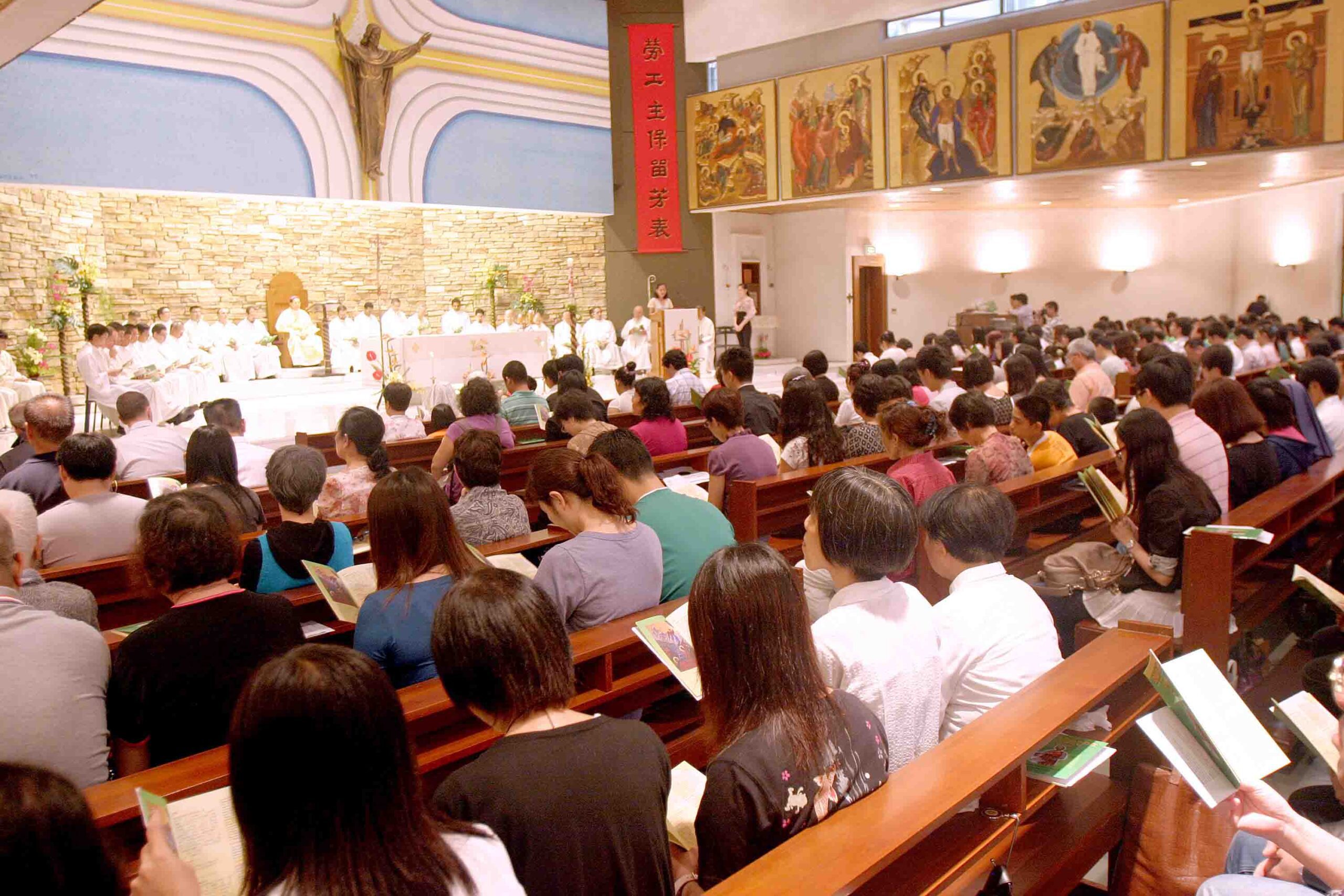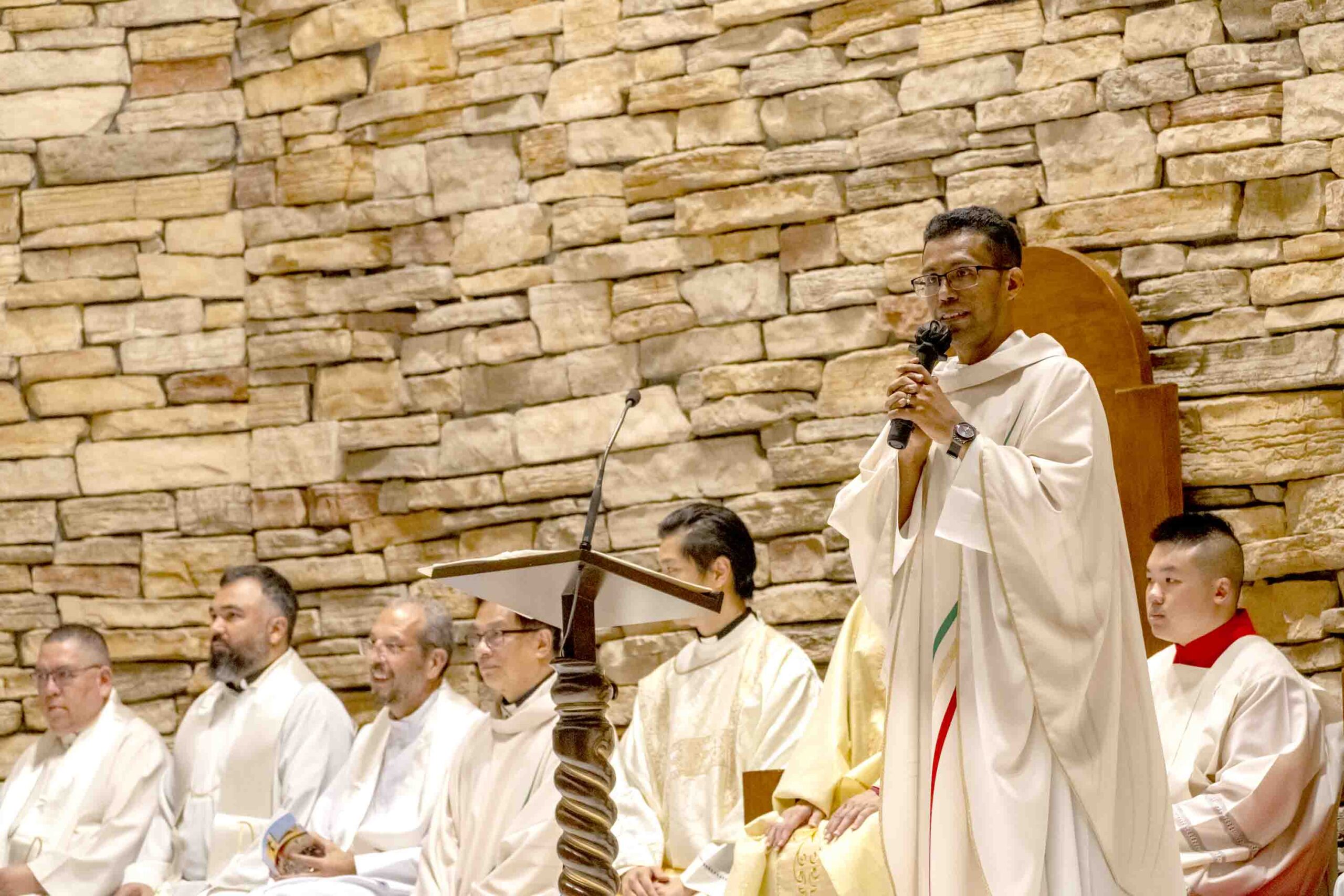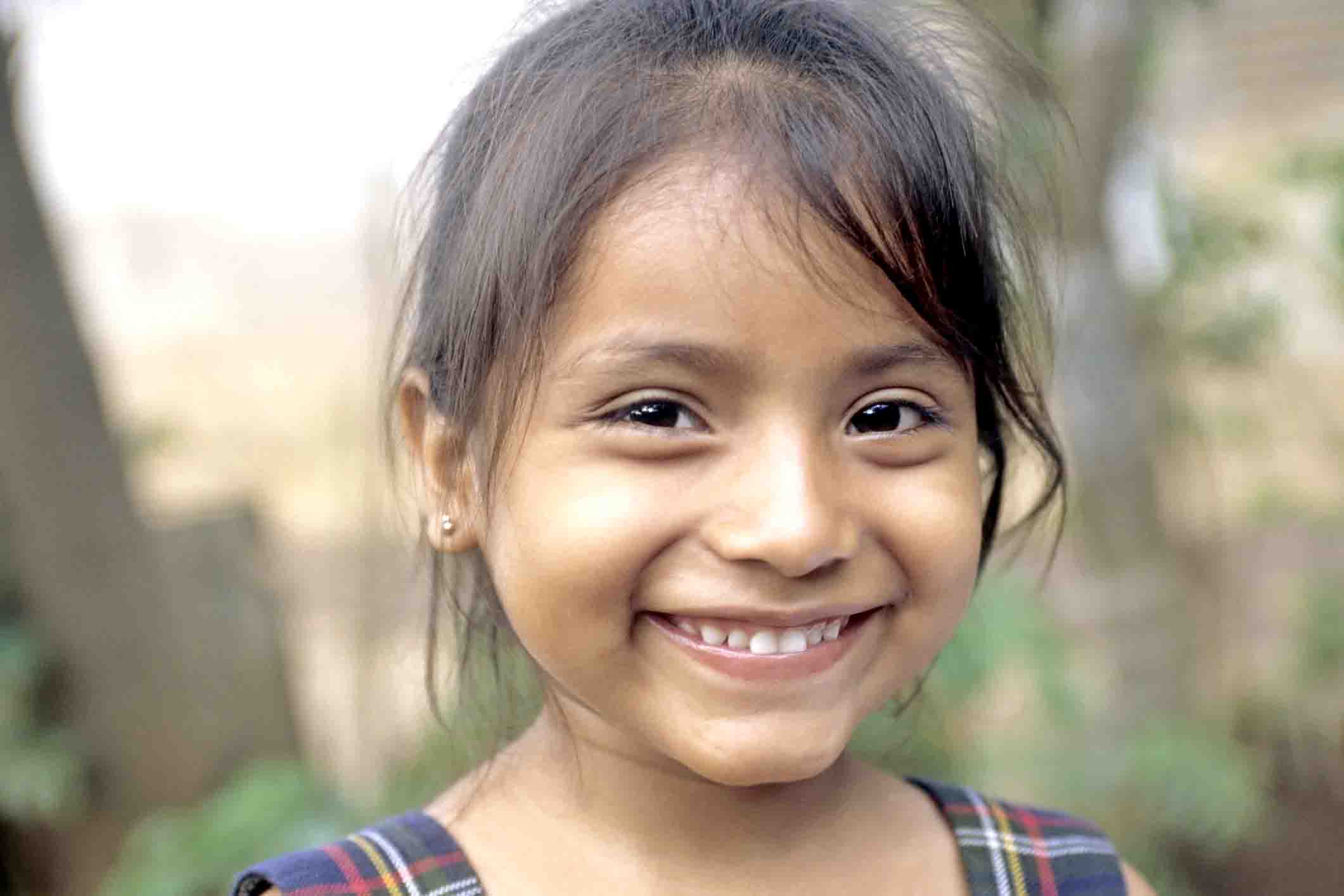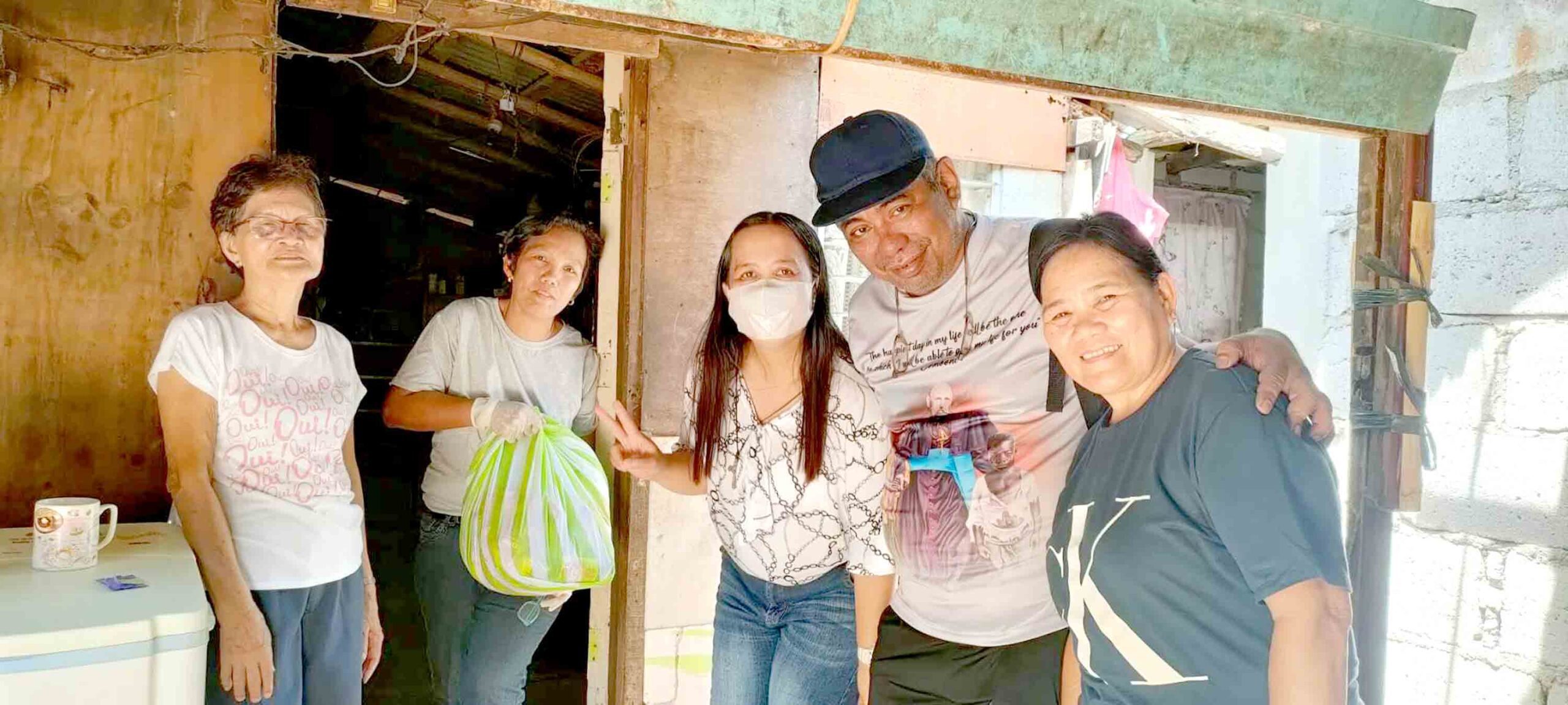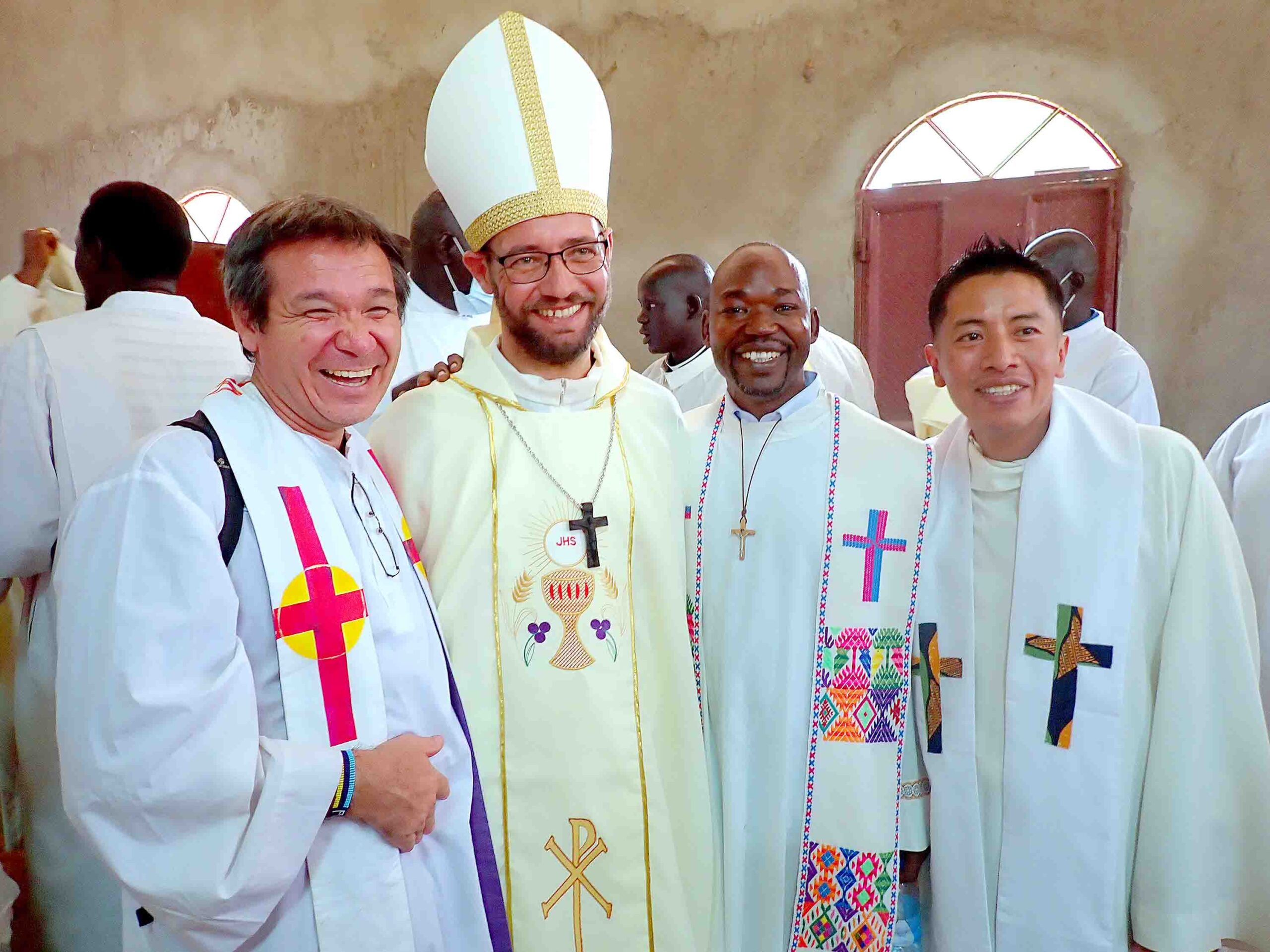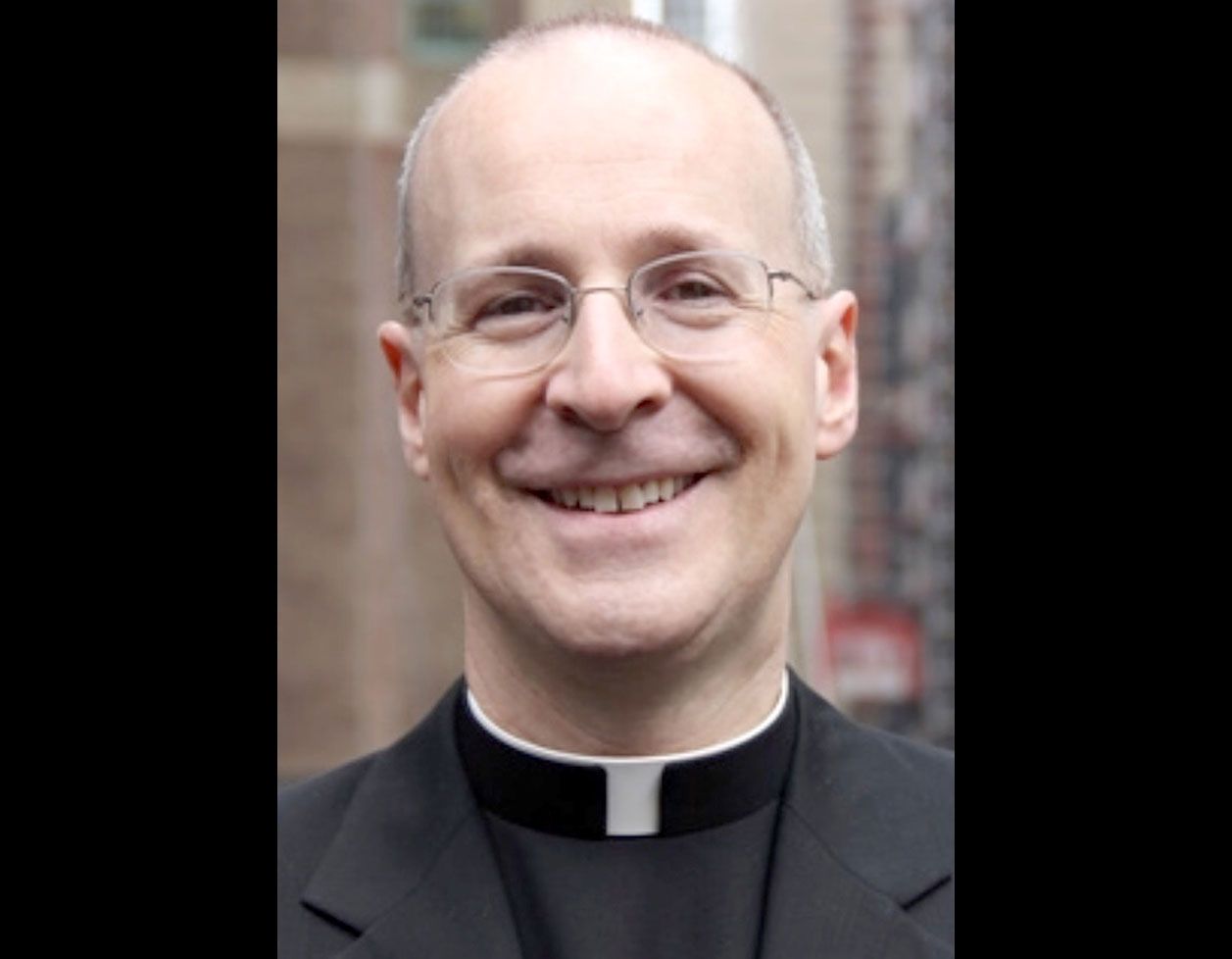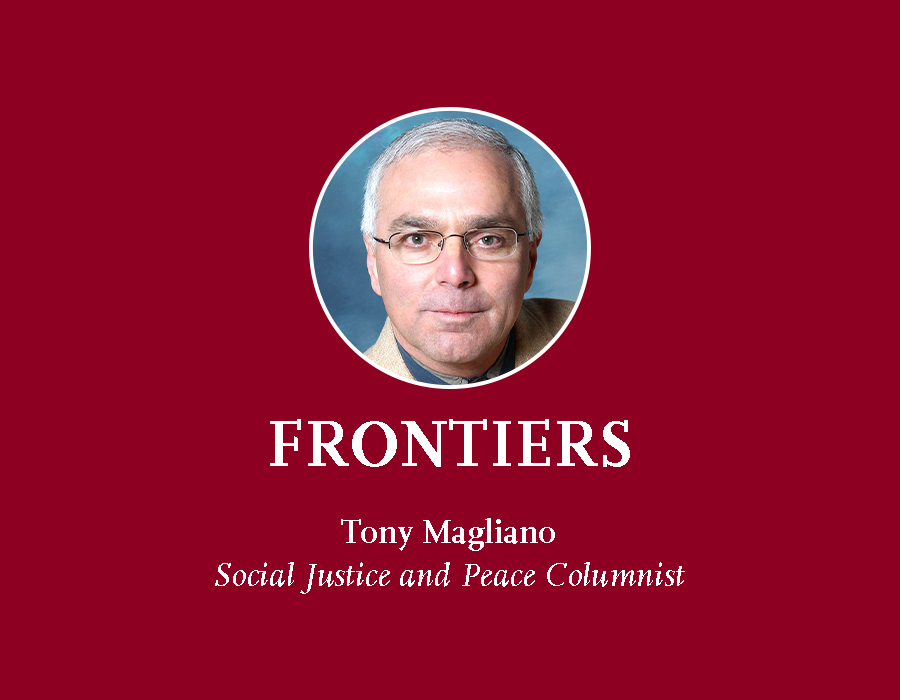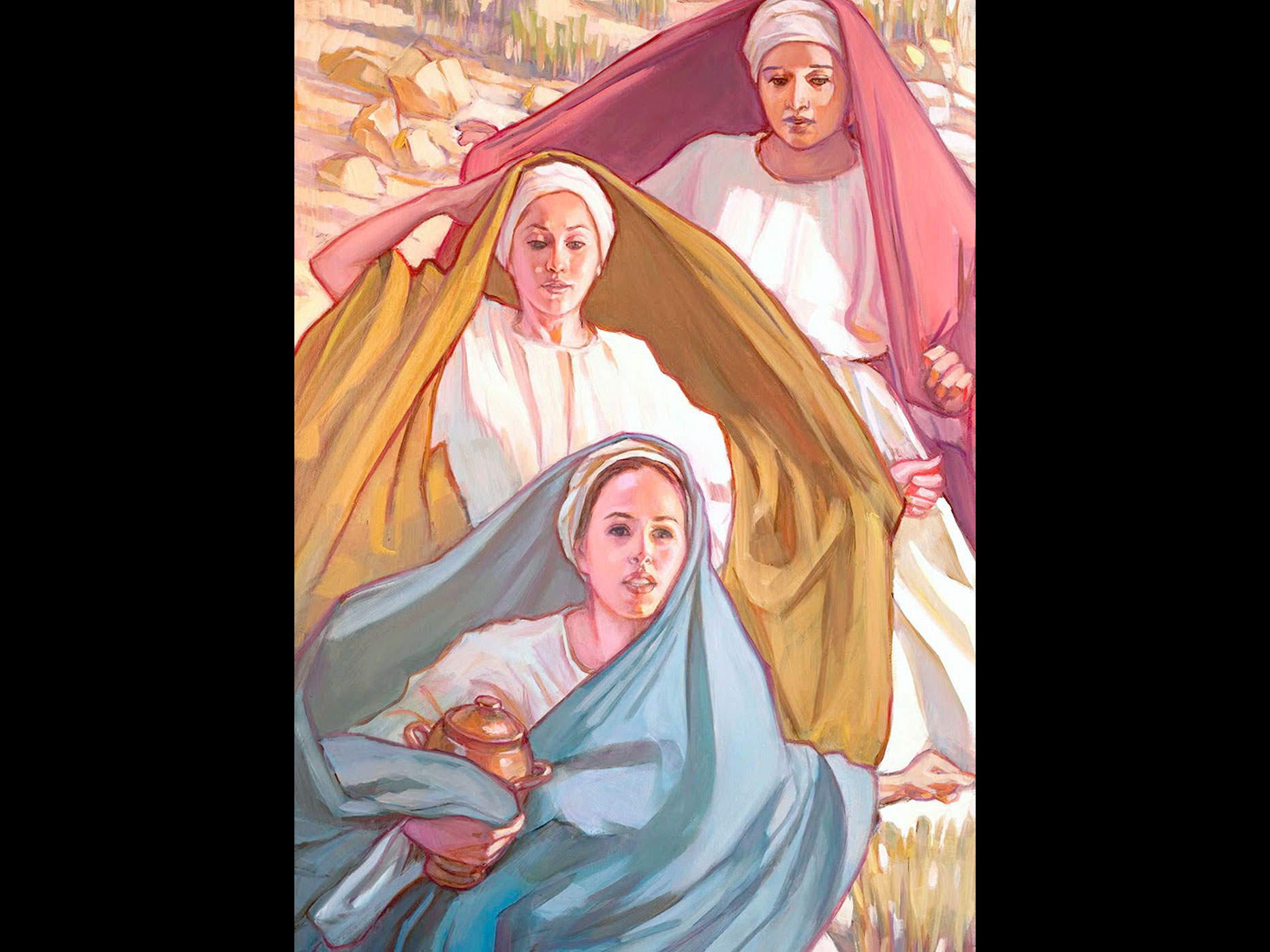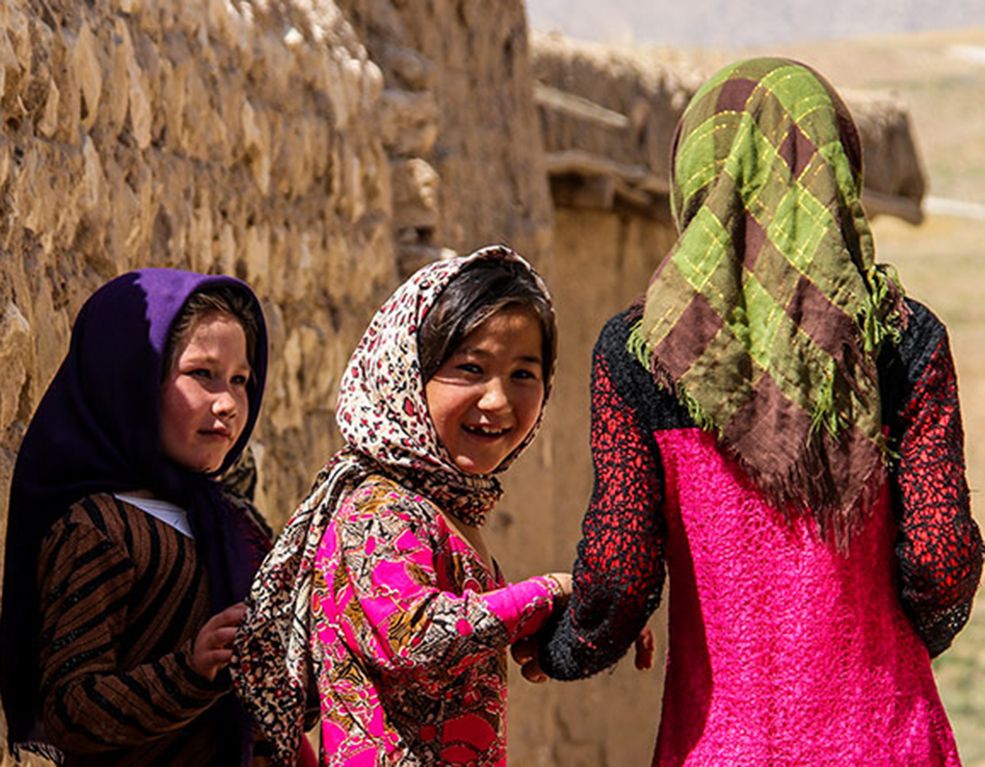The world is in the midst of a global hunger crisis – the largest in recent history.
According to the United Nations World Food Programme (WFP):
- more than 780 million people worldwide suffer chronic ongoing hunger,
- over 300 million persons are experiencing the most extreme forms of hunger,
- 42 million people in 45 countries are on the brink of starvation, and
- more than 1 million fellow human beings are already experiencing, or are expected to suffer starvation this year.
According to the Christian anti-hunger organization Bread for the World (Bread), “Poverty is the greatest cause of hunger around the world” in both rich and poor countries. “Most people who are hungry live in extreme poverty, defined as income of $2.15 per day or less. More than 650 million people in developing countries live in extreme poverty, and 1 out of 5 children globally.”
“Climate change,” according to Bread, “is the greatest environmental challenge the world has ever faced, and it is damaging food and water security in significant ways, like drought and flooding. If countries cannot work together to find and implement solutions, ending hunger in our lifetime will be out of reach.”
Other causes of hunger according to Bread are poor infrastructures, unstable markets, job instability, race and gender inequality, and war and armed conflicts (see: https://bit.ly/3wRkAMG).
The World Food Programme lists armed conflicts as the greatest cause of hunger, saying, “Conflict is the number one driver of hunger in the world, and it’s entirely preventable. It uproots families, destroys economies, ruins infrastructure and halts agricultural production” (see: https://www.wfpusa.org/drivers-of-hunger/).
Readers in the U.S. please contact your congressional delegation urging them to not reduce, but instead, significantly increase funding in the 2025 federal budget for the domestic food assistance program SNAP (see: https://bit.ly/3yS2U3Q). And urge them to resist cutting funding for the Food for Peace provision in the pending Farm Bill, and instead urge them to robustly increase funding (see: https://bit.ly/4c4qdFY).
Readers outside the U.S., please urge your national leaders to greatly increase funding for domestic and global anti-hunger programs.
In his 1979 homily at New York’s Yankee Stadium, St. Pope John Paul II famously declared: “The poor of the United States and of the world are your brothers and sisters in Christ. You must never be content to leave them just the crumbs from the feast. You must take of your substance and not just of your abundance in order to help them. And you must treat them like guests at your family table. …
“But this is not enough. Within the framework of your national institutions and in cooperation with all your compatriots, you will also want to seek out the structural reasons which foster or cause the different forms of poverty in the world and in your own country, so that you can apply the proper remedies.”
Please check out Catholic Relief Services (CRS) “Action Center” and sign up to keep informed and active on behalf of the hungry and poor (see: https://www.crs.org/get-involved/campaigns/action-center).
And also, kindly consider making a donation to help the hungry (see: https://bit.ly/3wZOazq).
So, we need to both ongoingly give generously to the hungry, and to tirelessly advocate for legislative and corporate measures which will address the root causes of hunger – like poverty, climate change and war.
If we persevere in reaching out to our hungry brothers and sisters, we can be confident that on the day of judgement we will hear the Lord Jesus say to us, “For I was hungry and you gave me food” (see: Matt 25: 31-46).
—–
Tony Magliano is an internationally syndicated Catholic social justice and peace columnist. He is available to speak at diocesan or parish gatherings. Tony can be reached at tmag6@comcast.net.




